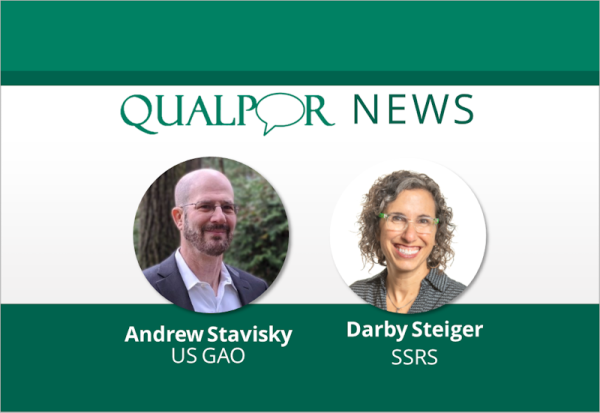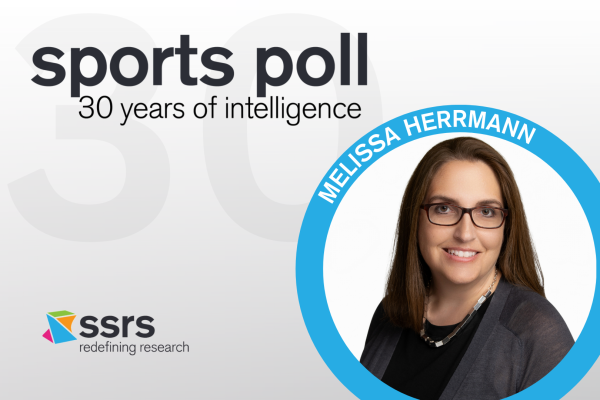I began my graduate training intent on becoming a college professor. Within the space of a year and a half, though, I realized it wasn’t for me. Both entrenched academic politics and the fact that undergraduate teaching was undervalued at an institutional level meant I needed to rethink what I wanted to do with my career.
As a way of making ends meet I became a research assistant working on a university-affiliated public opinion poll. When I was hired I did not think this would be a long-term pursuit. I just wanted to pay rent as I made my way through my PhD program. But as a part of my work there I learned how to craft survey questions, how to work with and analyze survey data, and how to read the data such that it told a story. I found survey research exciting and relevant. Thus, I became an accidental researcher. I did not set out to train as a social science researcher but that is where I happily landed. This leads me to my first insight:
Career Journey: What inspired you to pursue your current career path, and how has your journey unfolded over time?
Don’t be afraid to change course. Many times in the space of a project we are working on, or in the span of our working lives, we continue to do what we originally planned simply because it is the easiest and safest thing to do in the short term. Yet when part of a project is failing, when a career is stalled, we need to be willing to change course. We need to be willing to brainstorm new ways of approaching a project, to think of different careers to which our interests and skill sets could lend themselves. Don’t be hand-cuffed by initial blueprints. Be open to change. Life is not always linear.
Professional Achievements: Can you share a specific accomplishment or project that you’re particularly proud of in your career? How did you overcome challenges and contribute to its success?
By attempting to find “work-life balance” and to engage in “multi-tasking” we are setting ourselves up for unhappiness and failure. The term work-life balance suggests a dichotomy. It suggests that paid work is not life, that “real” life begins only when we leave work. Yet most of us spend the majority of our waking lives at our jobs! Instead of only working to fund our time when we are not working, we should strive to choose jobs and make our time at work interesting, challenging, and generally enjoyable. Paid work is only one part of our lives, but it is an important one. It is not the opposite of life; it is a critical part of it.
The idea of multi-tasking – that we can do multiple things at the same time effectively – is an alluring one. Nevertheless, it is a fiction and a trap. Publilius Syrus, an Iraqi enslaved by the Romans, famously said in first century BCE that “to do two things at once is to do neither.” That sentiment remains true today. It is virtually impossible to successfully focus and work on multiple things at once. People who say they are good multi-taskers are really saying that they have a lot of things that they are responsible for, and nothing falls by the wayside. Women are often described (sometimes by themselves) as good multi-taskers. But they really mean that they’re handling a lot, often too much, both at work and at home. Do not try to do multiple things at once, and do not try to do too much. True multi-tasking is a recipe for failure and overwork is a recipe for burnout.
Mentorship and Advice: Reflecting on your own experiences, what advice would you give to other women aspiring to excel in your field or industry? Have you had any mentors who played a significant role in your professional development?
Many careers need no longer be limited by geography. For much of my working life I had to choose local jobs or relocate to a new place in order to start a new position. The pandemic changed that, likely for good. For those of us who cannot or do not want to leave a region that does not have job opportunities in our chosen field, remote work has been a huge boon. Many companies worldwide are now offering remote work. If possible, take advantage of this! Do not limit yourself to only looking for work locally. Instead, search for a position that lines up with your interests and skill sets. For a good many of us geography no longer needs to limit our opportunities.







